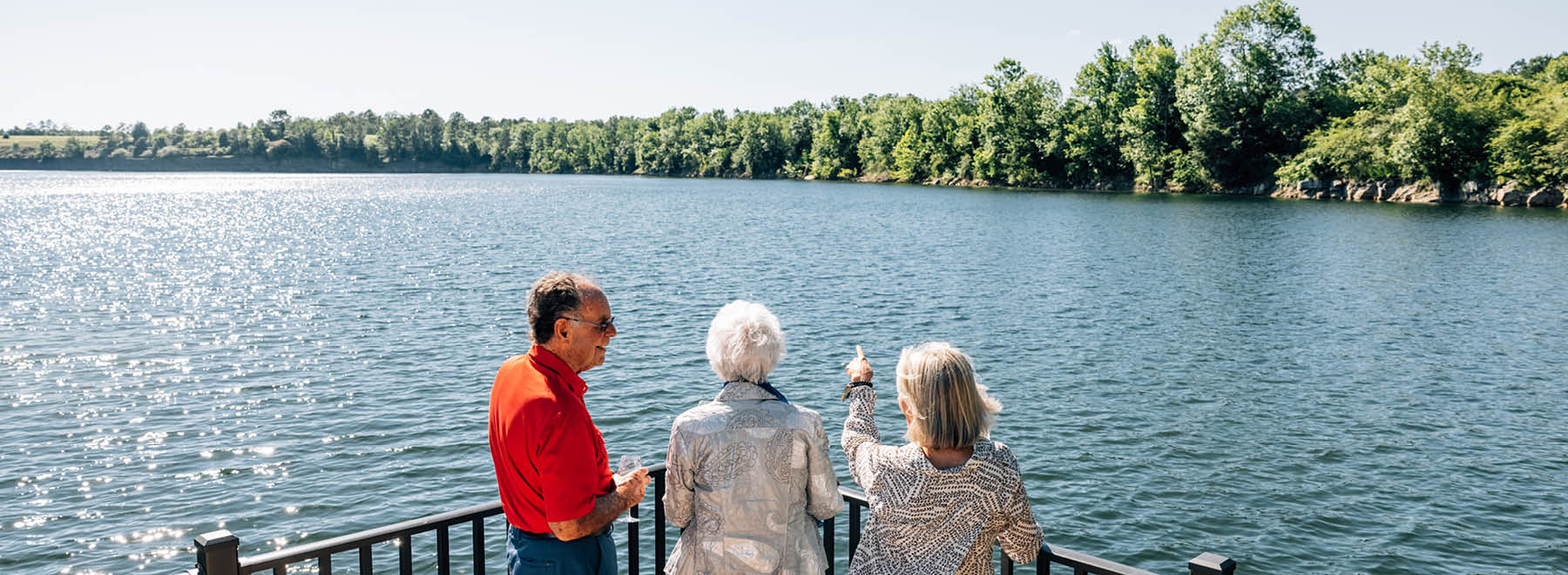Socialization is challenging for people living with Alzheimer’s disease and other forms of dementia as well as their loved ones. It may be that getting out of the house has become more difficult, that they feel self-conscious about their memory loss, or their language difficulties interfere with interacting at activities or events. Regardless of the reason, it’s common for those with memory loss to socialize less and less over time – and those who care for them may struggle to find a safe and supportive social environment for their loved one.
How to combat isolation in those with dementia.
Social connection is a basic human need and plays a significant role in overall health, especially as we age. In particular, engaging with other people in social situations seems to help those with Alzheimer’s and dementia in several ways.
Enhancing brain health
Engaging with other people is exercise for the brain – it helps to keep the mind active and has even been shown to slow the progress of cognitive impairment. A promising study found that cognitive abilities declined 70 percent more slowly in individuals who had frequent social connections compared to those who had little social contact with others.
Creating a sense of belonging
Humans are dependent on relationships for stimulation and survival. Seniors with good social support systems in place are proven to experience reduced stress, lowered anxiety and depression, and decreased risk for certain physical health concerns.
Maintaining purpose
Becoming confused about where you are or what time period you’re in can be very disconcerting for someone with dementia. Socialization can bring them back to the present moment and reassure them of their role in the world.
The National Institute on Aging found a strong correlation between social interaction and the well-being of seniors who regularly socialize. While connecting with others doesn’t make all the challenges of dementia go away, it does provide support at a time when it’s highly needed. Memory care at The Spires is specifically designed with social programming throughout each day so your loved one can stay as healthy and connected as possible in a supportive, family-like setting.

